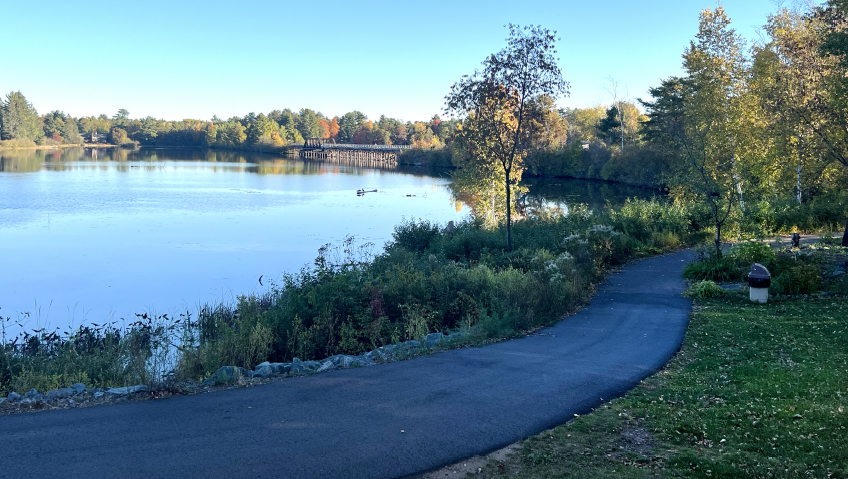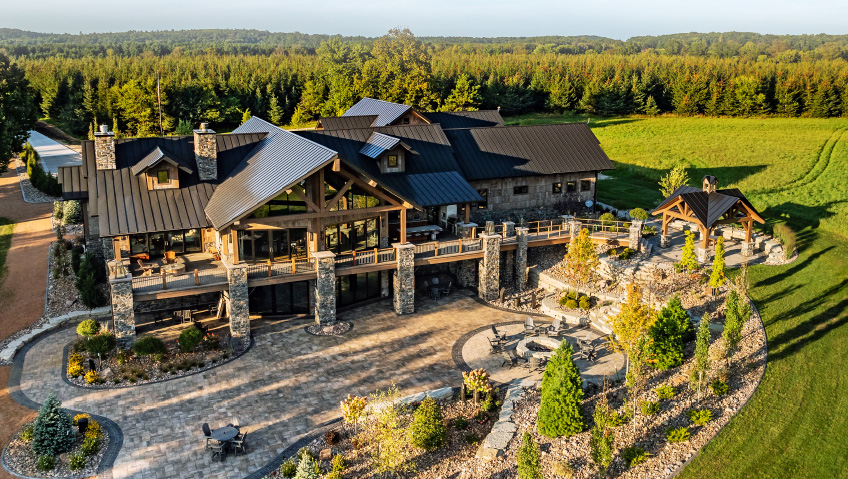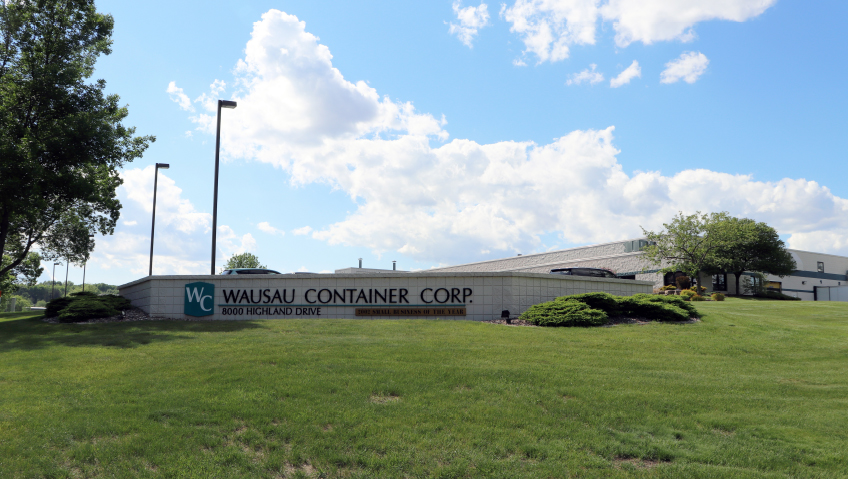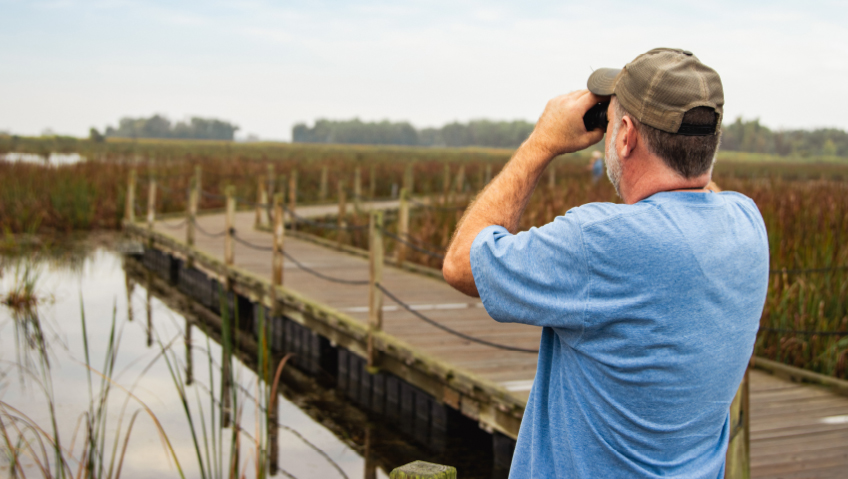In north-central Wisconsin, where outdoor beauty, tight-knit communities, and a strong work ethic define daily life, Lincoln County is laying the groundwork for a new era of economic and community development.
For decades, the area has leaned on its manufacturing roots, outdoor recreation industry, and family-owned businesses. But today, under the leadership of Sara Guild, Executive Director of the Lincoln County Economic Development Corporation (LCEDC), the county is embracing a strategic and deeply collaborative approach to rural revitalization, one that values local voices, long-term vision, and thoughtful planning.
From its first-ever strategic plan to a bold rollout of the Rural Entrepreneurial Venture (REV) program, the launch of a county-wide broadband commission, and the success of the 2025 Economic Summit, Lincoln County is actively redefining what rural growth can look like when it’s led by and for its own residents.
The development of LCEDC’s inaugural strategic plan represents a major turning point for the organization and the county. For the first time, Lincoln County has a formalized, living document that not only outlines key economic goals but actively guides decision-making across a range of pressing issues. “This is our first strategic plan as an organization,” says Guild. “Now, we have a roadmap that informs everything we do, from business and workforce development to broadband and entrepreneurship.”
The plan was shaped with deep community engagement and input from LCEDC’s Board of Directors. Guild explains that residents across the county were eager to contribute and had a lot to say. Through surveys, conversations, and collaborative meetings, common themes emerged: workforce retention, housing affordability, access to childcare, infrastructure investment, and meaningful support for small businesses.
Rather than tackle these concerns in isolation, the plan adopts a systems-thinking approach. “Everything is connected,” says Guild. “If we want to support entrepreneurs, we also need to think about broadband. If we want to retain workforce, we need housing. That’s why the plan takes a big-picture view.”
With implementation already underway, the plan is being used as a compass for funding applications, programming priorities, and communication with partners. “It’s not a static document,” Guild adds. “We return to it regularly to assess progress and make sure we’re staying accountable to what the community told us they need.”
At the heart of Lincoln County’s economic development strategy is its county-wide rollout of the REV program, a community-led approach designed to nurture small business ecosystems in rural places. While REV is initially focusing on the City of Merrill, its leadership team is planning to use the information it learns to create a countywide support system for all its rural entrepreneurs.
“This isn’t about telling people how or where to run a business,” Guild explains. “It’s about listening. We’re asking, ‘What are your goals? What’s standing in your way? How can we help?’”
The REV initiative has already revealed a wealth of insight. Lincoln County is home to a growing number of microbusinesses, creatives, and tradespeople, but many operate in silos. Guild and her team learned that mentorship and shared learning are just as valuable as funding. “People don’t want a cookie-cutter program,” she says. “They want help tailored to their industry, their stage of growth, and their lifestyle.”
One promising outcome is a developing vision for peer-to-peer mentorship circles, where experienced entrepreneurs can support newcomers by sharing lessons learned and offering hands-on guidance. These informal, trust-based networks are key to helping rural founders navigate the challenges of scaling a business, especially in isolated or underserved areas.
The REV model also emphasizes storytelling, highlighting local success stories to inspire others and foster a sense of momentum. Guild sees this as critical: “There’s something powerful about hearing someone say, ‘I built this here, and so can you.’”
Lincoln County’s approach to economic development recognizes that without internet access, many rural residents are left behind. That’s why LCEDC helped launch the Lincoln County Broadband Commission, a collaborative group charged with tackling connectivity gaps head-on. “Digital access is a basic economic need now,” says Guild. “If you don’t have reliable internet, you’re cut off from jobs, education, healthcare—everything.”
Though broadband availability has expanded in recent years, Guild stresses that availability doesn’t always equal affordability or adoption. Some areas still suffer from spotty service, while others are priced out of access entirely. There is also the challenge of digital literacy, especially among older residents or those new to technology.
In 2024, the Broadband Commission brought on a consultant, funded by the Wisconsin Public Service Commission, to conduct an in-depth planning process. The resulting Lincoln County Broadband Plan is now being used to guide future investments, inform state and federal grant applications, and help ensure that no resident is left disconnected. “Whether it’s a student doing homework or a home-based business selling online, everyone deserves reliable internet,” says Guild. “This is about much more than just infrastructure.”
Better connectivity will also bolster other strategic goals: it will support remote workers, attract young families, enhance tourism marketing, and expand telehealth options across the county.
Indeed, Lincoln County’s economic goals are grounded in realistic, values-driven priorities that reflect the everyday needs of residents and honor the unique character of rural life. Rather than chasing large corporations or flashy industries, LCEDC is concentrating on strengthening the backbone of the local economy by supporting small and midsized manufacturers, expanding opportunities in the trades, and fostering a thriving environment for startups. The emphasis is on building a community where families can not only find employment but truly thrive.
“We’re not trying to be something we’re not,” says Guild. “We want to create an environment where people can build meaningful careers while living in a community they love.”
Central to LCEDC’s efforts are initiatives that address the foundational needs of the local workforce. This includes expanding childcare options to support working parents, tackling the housing shortage through the development of multi-unit and workforce-friendly housing, and improving access to career pathways and hands-on training in high-demand trades. Equally important is the ongoing commitment to entrepreneurship, where new and existing business owners are empowered through mentorship, visibility, and the creation of a supportive local ecosystem.
Each of these goals feeds into a broader, shared vision: building a resilient rural economy where residents can live well, contribute meaningfully, and remain rooted in the place they proudly call home.
The 2025 Lincoln County Economic Summit, held in Merrill in early spring, marked a milestone in the county’s development journey. Nearly 100 attendees including entrepreneurs, educators, civic leaders, and residents came together to share ideas, track progress, and set a collaborative tone for the future. “One of the biggest takeaways from the summit was how eager people are to be part of the process,” Guild reflects. “There was a real sense that we’re not just spectators, we’re co-creators of what Lincoln County becomes.”
Featuring a theme of “Economic Empowerment for Rural Communities,” the Summit provided key updates on the Strategic Plan, REV, and recent local economic development initiatives, while breakout sessions generated fresh ideas around workforce recruitment, community-building, and how to better tell Lincoln County’s story to the world. Importantly, the event wasn’t a one-time touchpoint. Guild notes that the momentum continues: “We’ve had new people step up since then, folks who didn’t know how to get involved before. Now they’re asking, ‘Where can I plug in?’ That’s huge.”
What ties all of these efforts together is the belief that economic development should improve daily life for residents—not just create more jobs, but make those jobs meaningful and accessible. “There’s something special about this place,” says Guild. “You can raise a family, start a business, and be surrounded by people who want to see you succeed.”
Indeed, Lincoln County offers a unique quality of life that’s increasingly attractive to young families, entrepreneurs, and remote workers: low cost of living, friendly communities, and year-round access to nature. Whether it’s paddling in summer, snowmobiling in winter, or hiking and fishing in between, the region’s outdoor amenities provide both recreation and connection.
With remote work now a viable option for many, the county sees an opportunity to attract newcomers who value this balance and connection. Guild hopes to position Lincoln County as a destination for people seeking not just employment, but fulfillment. “This is a place where you don’t have to choose between lifestyle and livelihood. You can have both.”
With its strategic plan in action, REV expanding, broadband planning underway, and partnerships growing by the day, Lincoln County is stepping confidently into the future. Sara Guild knows that rural economic development is rarely quick or easy, but it can be transformational. “There’s still a lot of work to do, but I’m optimistic,” she tells us. “We’ve got the tools, we’ve got the plan, and most importantly, we have a community that wants to be involved.”
By aligning vision with action and trusting the power of local people, Lincoln County is proving that rural growth doesn’t mean giving up what makes a place special. It means amplifying it.






